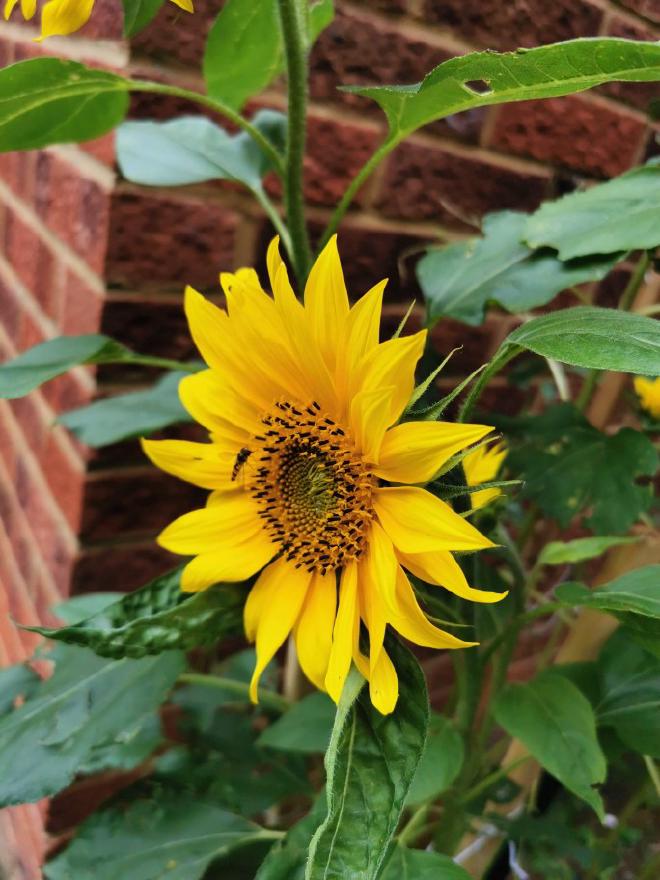On the hierarchy of jobs

Table of Contents
Had some ideas I wanted to get down. Not sure how successfully they make it through the brain fog, but just putting this out while it’s still fresh in my head.
Intro / about Five #
I recently had a conversation with a dear friend, about a project she’d worked hard on over many months. For the sake of argument (and anonymity), let’s call my friend Five. I provided Five with some praise about her role in this work.
Five commented something along the lines of “So and so did most of the work building this, I was just on the creative side”. By which she meant, of course, that she helped devise the ideas behind the project, understood the needs of the organisation, communicated the value of it to others.
Leaving aside that Five is a quite wonderful human being. Deeply intelligent, exceedingly kind and compassionate, funny. And that she pours everything into succeeding at tasks she does. Absolutely deserving of the praise I gave. Indeed, it feels almost absurd to even use the word ‘just’ about her.
I felt that there was something in the way she compared her role with that of a technical colleague that I wanted to write about.
About the way we tend to perceive the relative value of different jobs and skills in our culture. About the way we think about the structure of our society and the relative status of the people within it.
I’ll focus on two main skill sets, but we could expand this further; it doesn’t only apply to these roles. Essentially all other roles could be written about in a similar way, I imagine.
Technical people #
Of course, technical work is important. People to build the future, people to maintain the present. All vital stuff in our modern society. We’re so reliant on technology for so much now that this is arguably essential work too.
These skills are critical, and it’s essential that we nurture them. When projects fail on a technical level, it can be disastrous.
But I think that, generally, the value of these skills is recognised.
In fact, if anything, we probably over-emphasise the value of technical work like this relative to non-technical skills.
Creatives #
Technical people by ourselves are not enough. We’re often not great at communicating our ideas to non-technical people. We might be able to see technical solutions to problems, but often the problems are human not technological, and we can easily miss things.
We often miss what colleagues or the public want because we focus so much on what we can do. Building new things that nobody asked for because we get sucked into the shiny new technology.
That’s where we need creative people. To guide us on what to make by showing us what is missing. To help us communicate ideas and the value of what we’ve made. To help people understand why we’re doing something.
I’ve worked on many projects where this stuff is ignored. The consequences can be just as significant as technical failures. Features that nobody uses, because they don’t suit how they work. Reputational damage to the product or organisation. But also, the missed opportunities; missed because we were fine with the way something worked, but didn’t understand the costs associated with it for others.
Communication between the people who will use the product, and those building it, is just as critical. It’s essential that we properly value this work too.
Hierarchy #
I’ve focused on two types of roles. But, again: similar things could be said about others.
All of these roles are essential in their own way. They’re all different, but all provide equal value. In a healthy society, a healthy community, we have a variety of skills and roles. We shouldn’t place any above the others as somehow more worthy of praise.
This is what it should mean to be part of a society. That we are all working together for the improvement of the whole.
Society as an organism #
I feel that we would do better to conceive of society less as a hierarchy of roles, with some having more value than others. More like an organism, where every organ has its place. And all organs perform vital roles in maintaining the health of the organism.
Cover image #
A sunflower I saw one time. The insect on it, helping pollinate, seemed like it could be a small metaphor for the idea that every role is equally important.